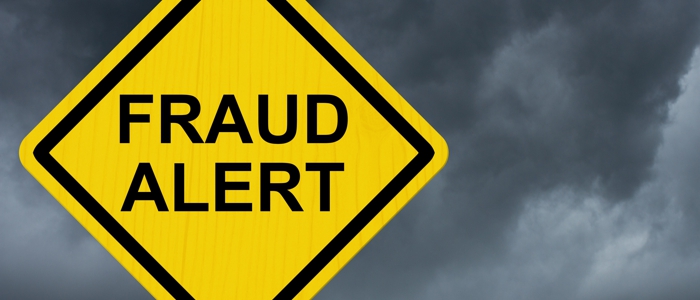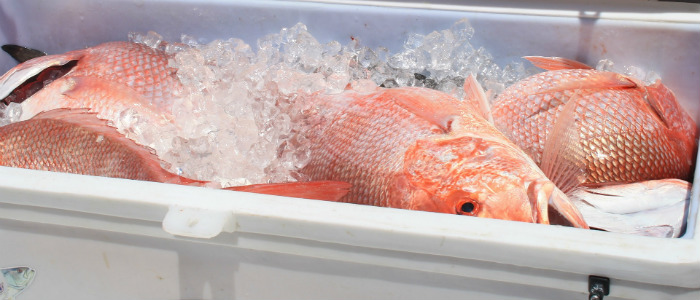In 2018, we saw public protests about “fake food” and even Carte Blanche going undercover in a fraudulent honey scandal. Food fraud is increasing and so should our vigilance. The FSSC requirements version 4.1, had made a food fraud mitigation plan a mandatory requirement.
Do you understand how this should be constructed and where you can source information on food fraud incidents?
In this comprehensive webinar, Karen Everstine, Ph.D., a senior manager with Decernis took us on a step-by-step journey through the process of “VACCP”.
Dr Karen Everstine answered some of your burning food fraud questions - here are some important points and key issues relating to your Food Fraud assessment.
...
2018 was a busy food fraud year, both internationally and in South Africa. The increase in SA media reports on fake food, expired food, and adulterated products highlights the increased awareness of the problem....
Mitigating the risk requires implementing control measures and establishing traceability systems.
...
“While food fraud has been around for centuries, with a handful of notorious cases well-documented, we suspect that what we know about the topic is just the tip of the iceberg,” said Jeffrey Moore, senior scientific liaison for the USP....
Food Fraud can be defined as the deception of consumers using food products, ingredients and packaging for economic gain. According to a GFSI report it is estimated that it could cost the global food industry $30-40 billion......







